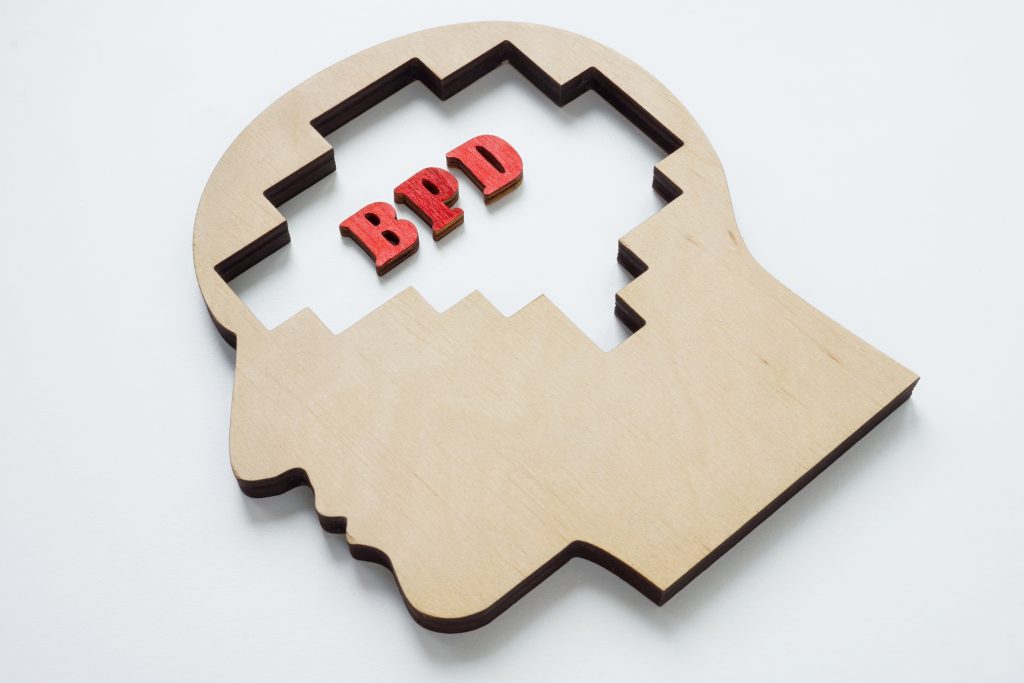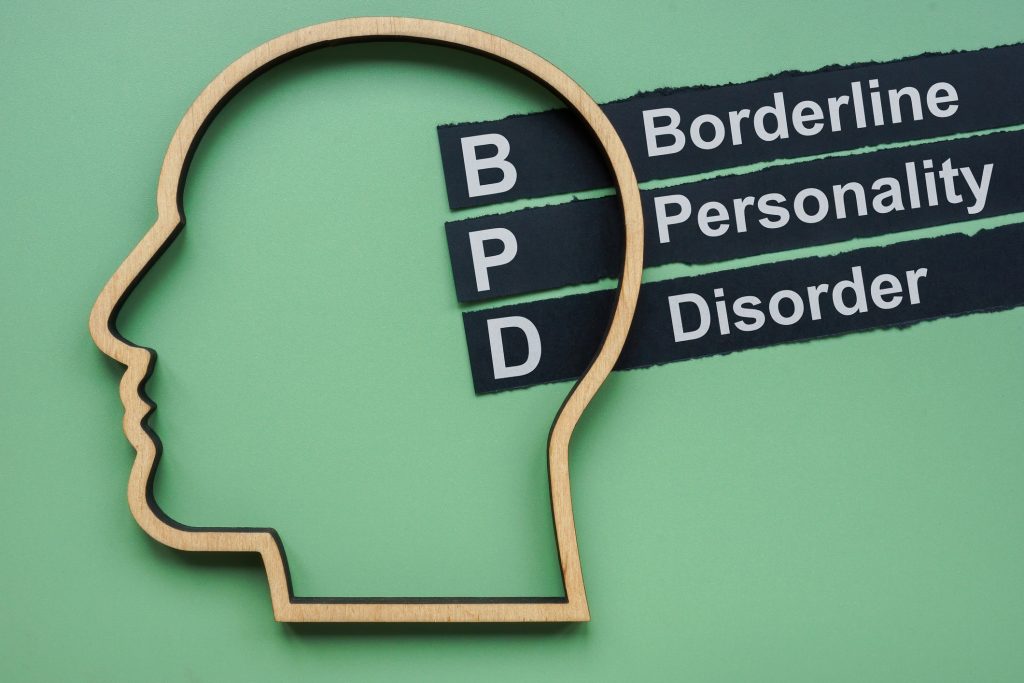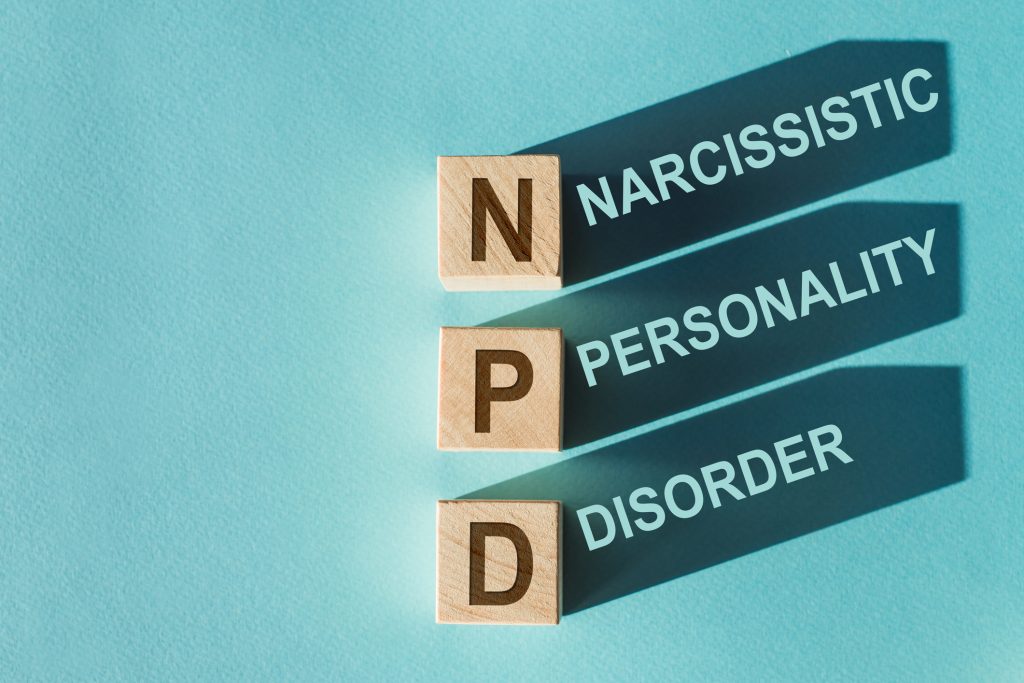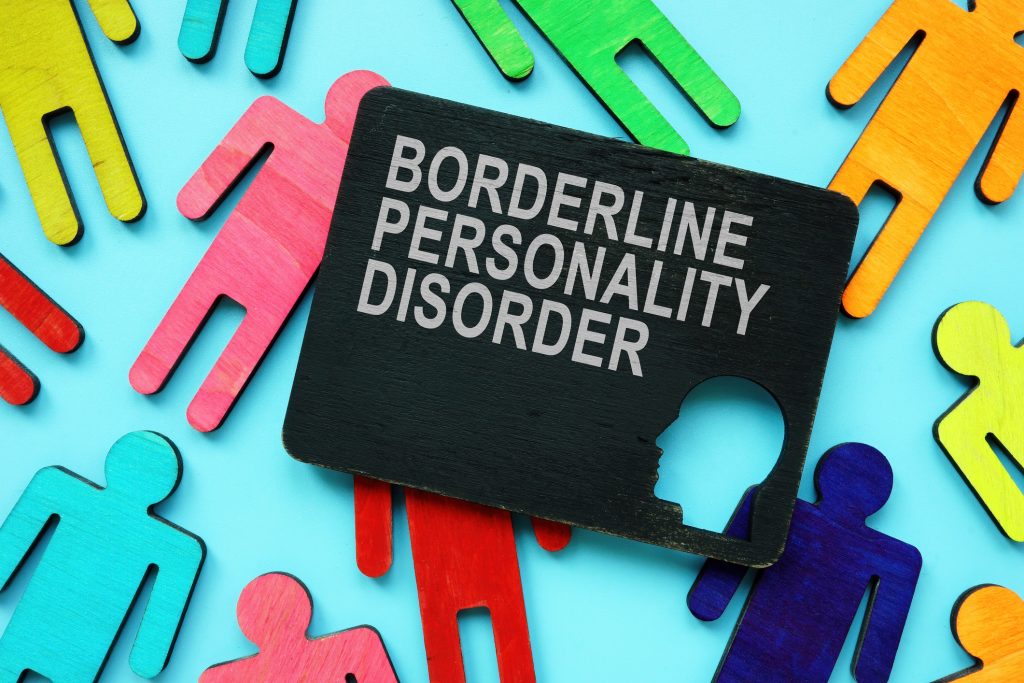
Top 5 Recommended Ways of Un - Enmeshing from An Impulsive and Toxic Partner
by XYZ
If you are reading this article, you might be involved in a toxic relationship with an impulsive partner . An impulsive partner who reacts without considering your feelings. They may engage in risky behavior and struggle significantly with self – control. They might struggle to control their emotional state and often speak or act without considering the consequences of their actions.
Many of our coaches have worked wi th individuals in similar situations. We understand how confusing and complicated it can be to be in a relationship with someone who acts violently and constantly overreacts. On one hand, you feel love for the person but on the other hand, you feel engulf ed by them and their controlling or manipulative behavior.
You may also feel as if you “can’t get away” and that you are stuck in unhealthy patterns, or even a trauma bond. We recognize your dilemma and are here to help.
Some of our coaches have been whe re you are now. They understand the pain, frustration , and fear of dealing with a challenging spouse. You may even feel you’re walking on eggshells to keep them happy. But the question is, are you happy? If the answer is a resounding “no”, there are certai n things that you can do to un – enmesh from a toxic and impulsive partner.
1. Put Your Safety First
This is non – negotiable. Imagine your partner is showing dangerous, impulsive behaviors, like physical violence, making threats, self – harm, or acting recklessly. In this situation, your safety should be the top priority. It’s important to establish clear and firm boundaries and consider how to respond if those boundaries are crossed. This might mean seeking help from authorities, shelters, or trusted loved ones who can support you.
2. Setting Boundaries , but Be Careful
Signs of impulsiveness in your partner might be physical violence, self – harming, or even a total lack of responsibility. In the above instances, it is fine to look out for yourself by setting boundaries that will protect you from getting overwhelmed and signal your partner that they are crossing a line.When dealing with an impulsive partner, you must be clear about what you are willing to accept and what to expect of each other in the rela tionship. However, you must also be on guard for any pushback that you might receive from an unhinged partner. Boundaries are not punishments; they are acts of self – respect.
3. Seek Professional Help
When dealing with impulsive partners, you should never und erestimate the importance of mental health professionals. Choosing to speak with a therapist or scheduling a checkup at the hospital is a sign of strength and a clear indication that you are willing to work on yourself. In many cases, your partner may be u nwilling to seek therapy – you should go regardless. You can’t change someone else, but you can change yourself. You can become stronger and better equipped to handle toxicity while keeping yourself safe.
4. Never Underrate the Importance of Support
Impulsi ve people sometimes have specific insights into their affinity for acting on impulses. You should serve as their support point if they reach out to you. At this point, you can start by openly and honestly discussing how their behavior impacts your relation ship and mental health. Be careful , however, because many toxic people suffer from comorbid mental health challenges, like BPD and NPD , and will not take accountability for their actions. They’ll gaslight you and make you feel like everything is your fault.
Let them know that you will not be mistreated. Stand your ground and know that you don’t have to take abuse. There are trauma – informed life coaches who can work alongside your therapist to help you untangle yourself from a toxic or emotionally draining partner. They can help you set realistic un – enmeshment goals and can help you develop more self – confidence and self – esteem.
5. Encourage Self – Reflection and Healing
In everything you do when dealing with an impulsive spouse, there mus t always be room for self – reflection. Become self – aware by recognizing your thoughts and feelings, and understand that you did nothing to cause your partner to experience impulsivity.
Conclusion
After highlighting some steps you can take to deal with a n impulsive spouse/partner effectively, we know that sometimes impulsivity can get so bad that you might need to get out of the relationship. However, all hope is not lost for impulsive spouses who are self – aware and committed to getting better and seeking the help they need.























